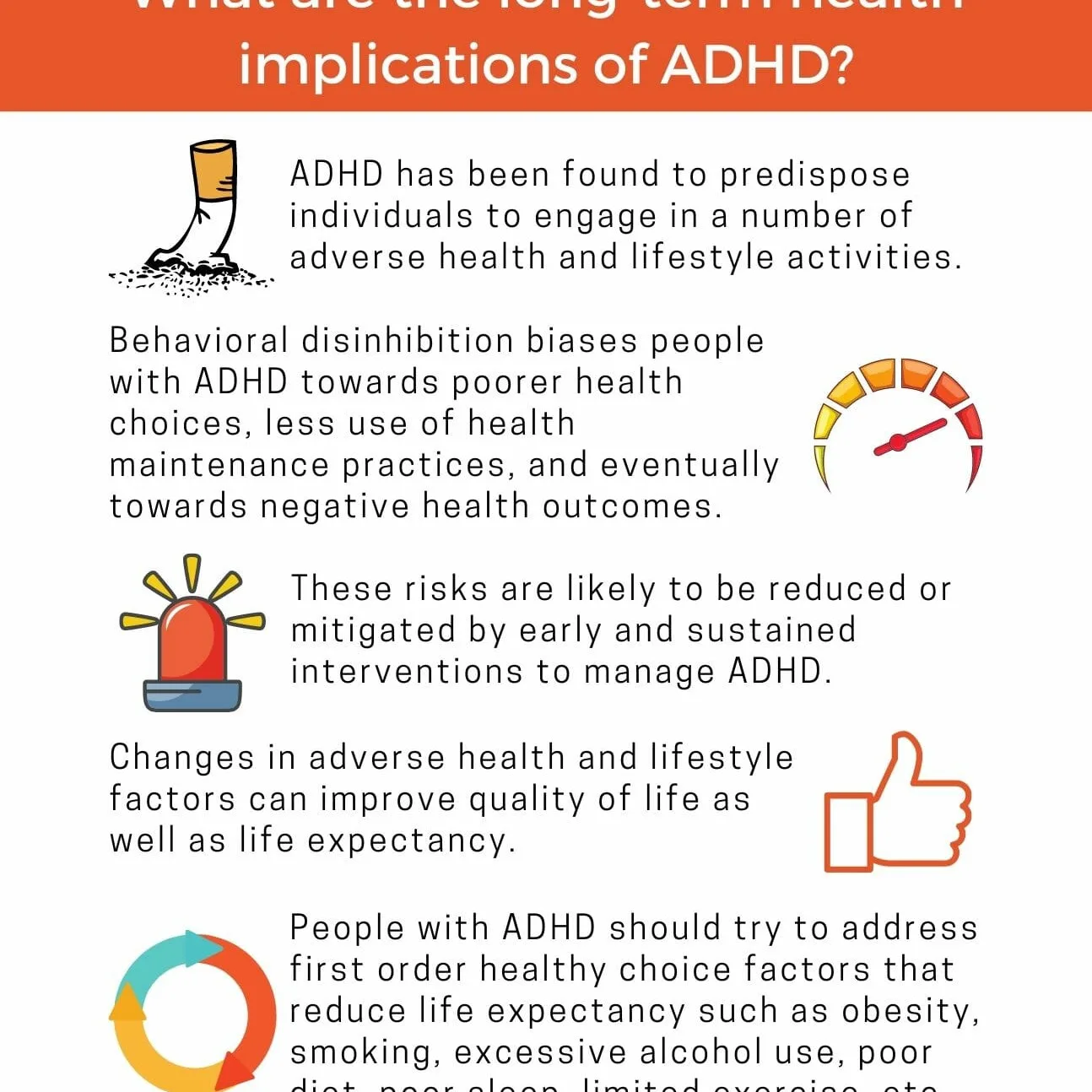Recent studies have shown a troubling connection between Attention Deficit Hyperactivity Disorder (ADHD) and significantly shorter life expectancy. Research conducted by a team at University College London (UCL) indicates that adults diagnosed with ADHD may experience a reduction in life expectancy by as much as 13 years when compared to those without the condition. This compelling data challenges the perception that ADHD primarily affects individuals during childhood and emphasizes its long-term health implications. ADHD is recognized as one of the most common neurodevelopmental disorders, often persisting into adulthood with symptoms that can include inattention, hyperactivity, and impulsivity.
Dr. David Daley, a prominent researcher in the field, stated, “Our findings confirm that ADHD does not just impact behavior in the short term; it can lead to significant health risks and shorter lifespans. We must prioritize further studies to understand the underlying factors contributing to this increased mortality risk.”
The study analyzed health records and demographic information of over 45,000 individuals diagnosed with ADHD and revealed that they face greater challenges such as accidental deaths, suicide, and various health-related issues. The UCL findings align with data published by the New York Post, which reported that individuals with ADHD are prone to engage in risky behaviors and have higher rates of substance use disorders—factors contributing to decreased life spans.
This revelation has sparked discussion among healthcare professionals regarding the need for comprehensive approaches to ADHD treatment, which should not only focus on managing symptoms but also on improving overall health outcomes for affected individuals. Increased awareness of the long-term implications of ADHD is crucial for parents, educators, and healthcare providers alike. Mental health advocates are urging that resources be allocated towards research and public health initiatives aimed at better supporting those with ADHD to mitigate these risks.
As the research community continues to delve deeper into understanding ADHD, the pressing need for effective strategies that improve life expectancy and quality of life for those diagnosed cannot be overstated.














